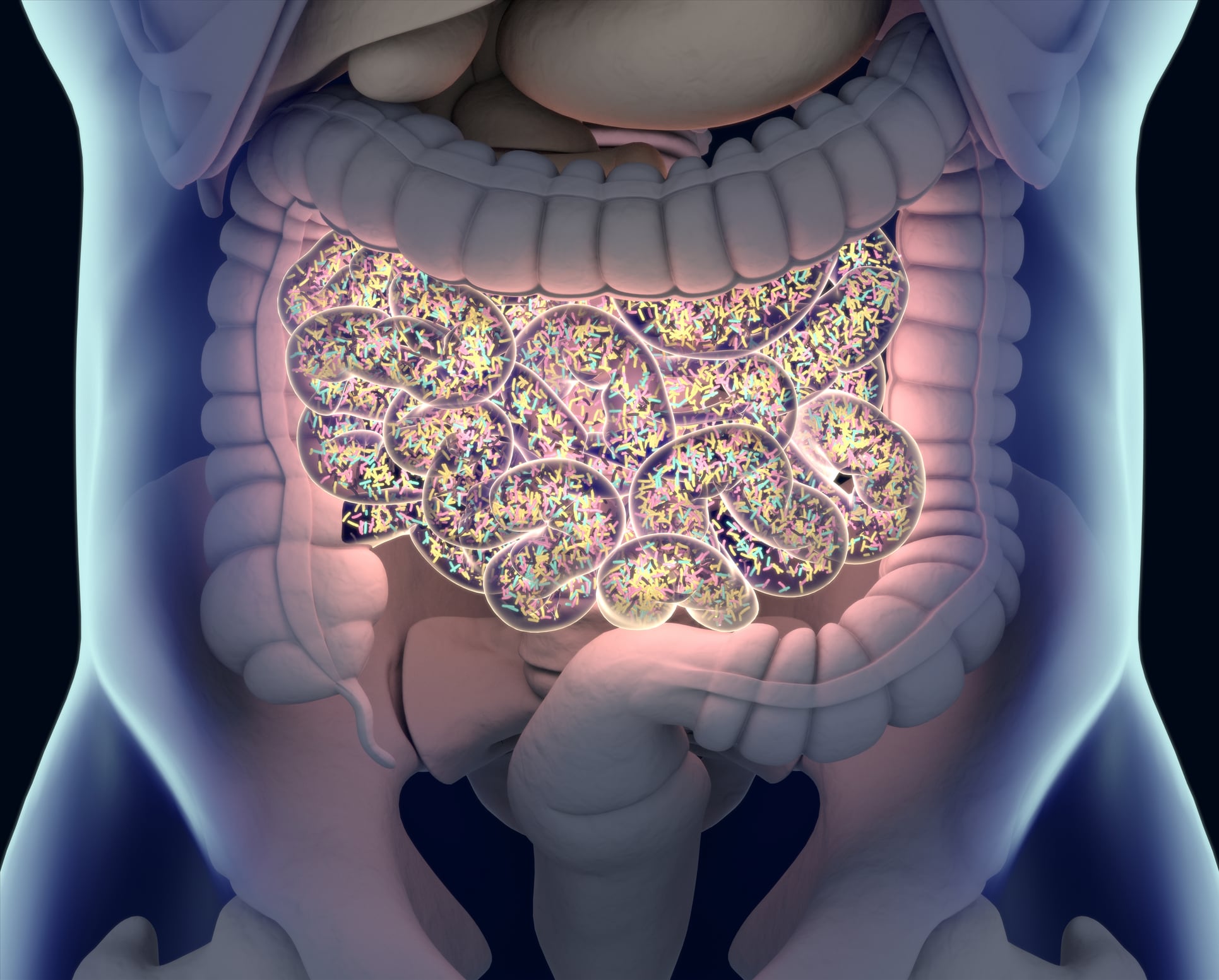Low levels of 25(OH) D are common in cancer patients due to prolonged hospitalisations, avoidance of sunlight following radiation or cytotoxic therapy, and impaired nutritional status and this may be even more pronounced in those patients requiring ICU treatment.
The current study, conducted by researchers from the Medical University of Vienna, aimed to analyse the prevalence of 25(OH) D deficiency (<20 ng/mL) and severe deficiency (≤12 ng/mL) in critically ill cancer patients requiring ICU admission. In addition, they aimed to explore risk factors for deficiency and assess its contribution to ICU, hospital, and 1-year mortality in this population.
This is the first report on 25(OH) D deficiency in critically ill cancer patients and the largest of its kind involving a defined subgroup of ICU patients.
The researchers studied patients from an ongoing prospective cancer ICU registry operated at the Medical University of Vienna, Austria, who were enrolled between October 2014 and January 2019 (n = 341).
The report, published in the journal 'Nutrients', finds that Vitamin D deficiency is common in critically ill cancer patients requiring ICU admission, but its impact on short-term mortality in this group is uncertain.
Specifically, the researchers found that prevalence of vitamin D deficiency and severe deficiency was 74% (95% CI: 67–80%) and 54% (95% CI: 47–61%) respectively, and that younger age, relapsed/refractory disease, and a higher sepsis-related organ failure assessment (SOFA) score were independent risk factors for vitamin D deficiency.
After adjusting for these independent risk factors, the researchers found that severe vitamin D deficiency was an independent predictor of hospital mortality and 1-year mortality, but not of ICU mortality.
The research concludes: "In critically ill cancer patients admitted to the ICU, the rates of 25(OH) D deficiency and severe deficiency were 74% and 54%, respectively. A high level of awareness for 25(OH) D deficiency irrespective of younger age or season is warranted in these patients. Additionally, patients with more extensive organ dysfunction and relapsed or refractory disease must be considered at exceptionally high risk for the condition."
The report notes some limitations to this research. People of non-white origin were very likely to have been underrepresented, given the country’s demographics. Also, the retrospective collection of 25(OH) D measurements precluded uniform sample collection and processing. However, levels were measured mostly during morning blood draws in the clinical routine, and all were collected within 72 h after ICU admission.
The researchers note that any established risk factors (e.g., age, gender, race, smoking status, medications, reasons for ICU admission, renal replacement therapy, infections) affect 25(OH) D levels in critically ill patients and the general population and due to the lack of a control group, they could not assess the contribution of these factors to their observed primary outcome and, therefore, not evaluate an independent effect of cancer on 25(OH) D levels. The researchers suggest that further studies to that respect are warranted.
Source: Nutrients
Wohlfarth. P., et al
"Prevalence and Impact of Vitamin D Deficiency in Critically Ill Cancer Patients Admitted to the Intensive Care Unit"





